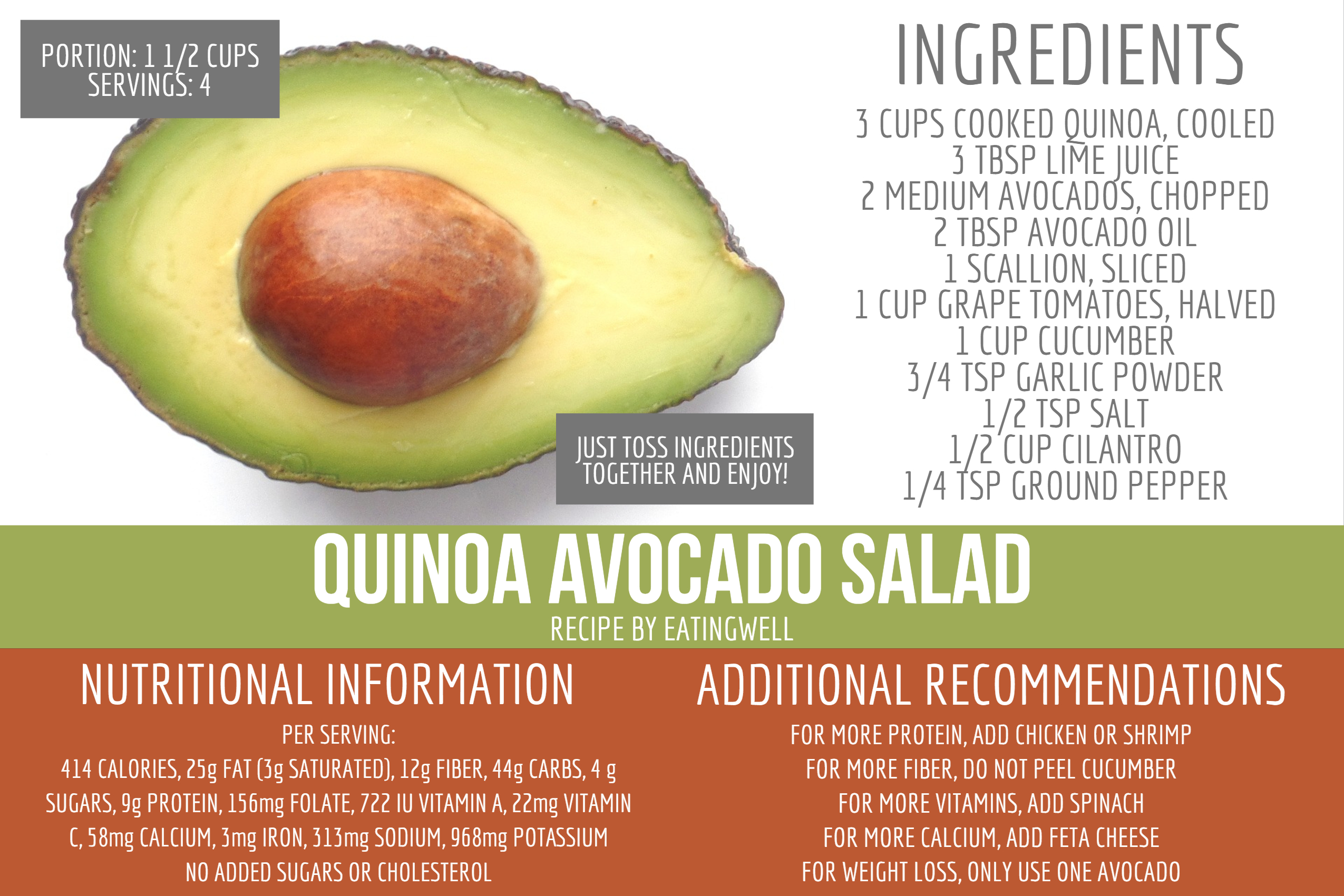Carbohydrates – Friend or Foe?
Busting common diet trends is easier than you think

There was a time when fat was the nutrition public enemy number one. Now, carbohydrates seem to be the most maligned macronutrient. Diet trends and fads seem to come and go and Americans still have a hard time losing weight. So what’s the catch, is there something we are missing, is there really a secret? The truth is that losing weight, eating healthy and developing good lifestyle habits is less about what diet trend you choose to follow and more about your mental willpower to follow through and push yourself to maintain healthy choices long-term. This isn’t easy, but instead of approaching eating healthy in an extreme fashion, such as cutting out carbs completely, it’s more manageable to understand what foods are healthy and how to properly proportion them.
So, what’s our take on carbohydrates?
“No, carbohydrates are not bad for you,” says UT Health Austin registered dietitian, Lizette Taboada, RD, LD, the Nutrition and Behavior Change Lead on the Health Social Work care team.
“Healthy carbohydrates are vital for good health and should be incorporated into your daily diet in appropriate portion sizes,” adds Taboada, who also serves in the Musculoskeletal Institute as well as Women’s Health, a clinical partnership between UT Health Austin and Acension Seton.
Are you shocked? Seems pretty straightforward, but let’s take a closer look.
Not All Carbs Are Created Equal
First, we need to understand what carbohydrates are. Most of us think carbs include bread, sugar, candy, soda - all the bad stuff diets tell us to cut out. And you’re right, those things go in the unhealthy carbohydrate category, but it’s a little more complex than that. “Carbohydrates can actually be divided into two categories: natural/whole carbs and refined/processed carbs,” says Taboada. So this means that not all carbohydrates are the same. I’m sure you can guess that the natural/whole carbs are the healthy ones we should be eating daily.

Now that we know there are different types of carbs, what are some examples of healthy versus unhealthy carbohydrates and how do they work in the body? “Carbohydrates are a source of energy,” says Taboada. “Natural carbohydrates, such as whole grains, fruits, and starchy vegetables, break down into sugar and raise blood glucose slowly giving the body energy. While processed/refined carbohydrates, such as sweets, soft drinks, white bread, and breakfast cereals, raise blood sugar rapidly. This is why you experience a short burst of energy followed by a crash shortly after.” Consuming too many carbohydrates, especially refined carbohydrates, can induce a rapid rise in blood glucose that can affect appetite regulation and increase the risk of developing type 2 diabetes.
The Role of Carbs in a Balanced Diet
Evidence suggests that low-carb diets can produce favorable metabolic changes in the short-term, but long-term effects on the body and weight maintenance are questionable, especially if you return to eating unhealthy after completing your diet. Instead, try creating small healthy diet changes that will last forever.
“Both quantity and quality of carbohydrates should be considered,” explains Taboada. “An appropriate portion size for grains and starchy vegetables is about one fist size total per meal.” This means if you have two types of carbs, such as brown rice and potatoes, in the same meal, it should be half of a fist size of each. If you are including a fruit along with your meal, you can have a full fist size in addition to your portion of grains or vegetables.
“Despite the research, carb-phobia persists,” says Taboada. “That’s unfortunate, because fruits, whole grains, legumes, and starchy vegetables offer fiber, vitamins, minerals, and phytochemicals for an optimal health.”
To achieve gut health and a healthy weight:
- Eat carbohydrates rich in vitamins, minerals, phytochemicals, and fiber like whole grains, fruits, legumes, and starchy vegetables (potatoes, corn, sweet potatoes, and peas)
- Avoid refined carbohydrates, including sweets, candy, soft drinks, sugar, white bread, pasta, and breakfast cereals
- Eat an appropriate portion size of carbohydrates (fist size for grains/starchy vegetables and a fist of fruit per meal)
- Make sure that at least half of your grain intake comes from whole grains
Looking for recipes that incorporate healthy carbs? Toboada recommends this tasty one below including modifications you can make based on your taste preferences or health goals. Enjoy!

See original recipe online from EatingWell here.
To request an appointment with UT Health Austin, call 1-833-UT-CARES (1-833-882-2737) or visit here.